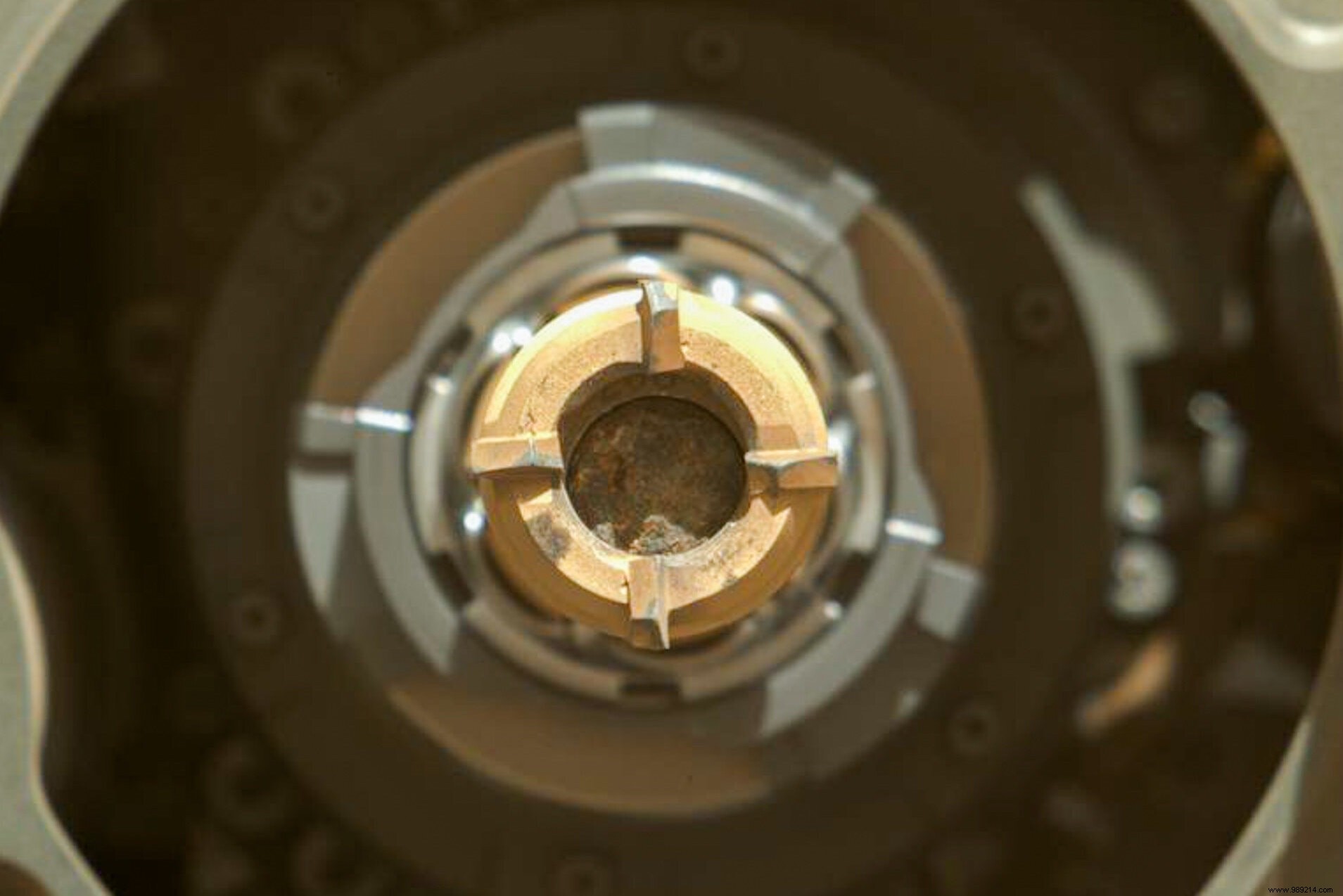NASA recently turned to religious thinkers to help assess and understand the existential challenge that humanity could face if we discovered the existence of extraterrestrial life.
This is probably one of the biggest questions in human history. For the time being, to our knowledge, the Earth is an exception, but there could theoretically exist other forms of life elsewhere in the Universe. To find out, several studies are underway, but many specialists are now convinced that we will soon have proof.
Given the incredibly large distances between the different stars and galaxies, this life should be microbial, and probably fossilized, but the universe could also have other surprises in store for us.
So, if we ever make contact with extraterrestrial life, how will our species react? Are we going to feel threatened or will we be enthusiastic on the contrary? Could we just enjoy the moment? Are we going to take the full measure of it or process the information well and then quickly move on?
How we might respond to this kind of news sparks a lot of speculation for the simple reason that such a discovery would be a great first for our civilization.
In an attempt to gauge our reaction, NASA has developed a program called "The Societal Implications of Astrobiology" . The latter, conducted at Princeton University's Center for Theological Inquiry between 2015 and 2018, involved the intervention of several Christian priests, a Jewish rabbi and an Islamic imam, reports the Times. The goal was to provide "serious scholarship" on the theological implications of the discovery of extraterrestrial life, even at the microbial level, on another planet.
After all, such a discovery, beyond the purely scientific aspect, could also baffle theologians:is extraterrestrial life mentioned in the holy books? How might such a discovery line up with creation stories? Why would God propose life forms on distant planets?

Despite the challenge that such a discovery would pose, researchers are confident that the world's major religions would be able to accept the possibility of extraterrestrial life without compromising their beliefs wider.
“The main findings are that followers of a range of faith traditions say they could embrace the idea “, underlines for example the Reverend Andrew Davison, priest and theologian at the University of Cambridge. “Non-religious people also seem to overestimate the challenges religious people would face if confronted with evidence of extraterrestrial life . »
Regarding Islamic belief, scholars point to this passage from the Quran that may possibly hint at a life beyond Earth:"And among its signs is the creation of the heavens and the earth, and the living creatures he scattered through them ". The authors also point out that the discovery of extraterrestrial life has been discussed by rabbis since medieval times.
So how will religions, and more generally the human species, react? To find out, you will have to be a little patient. But who knows, this discovery could come sooner than you think.